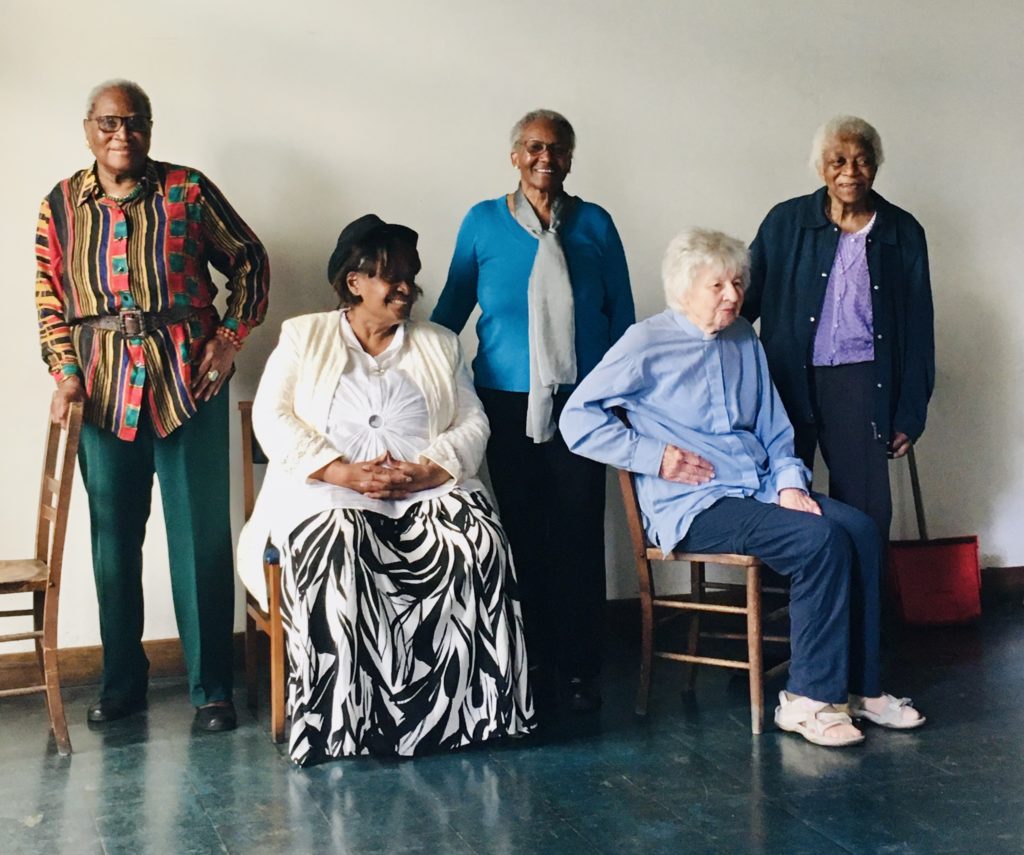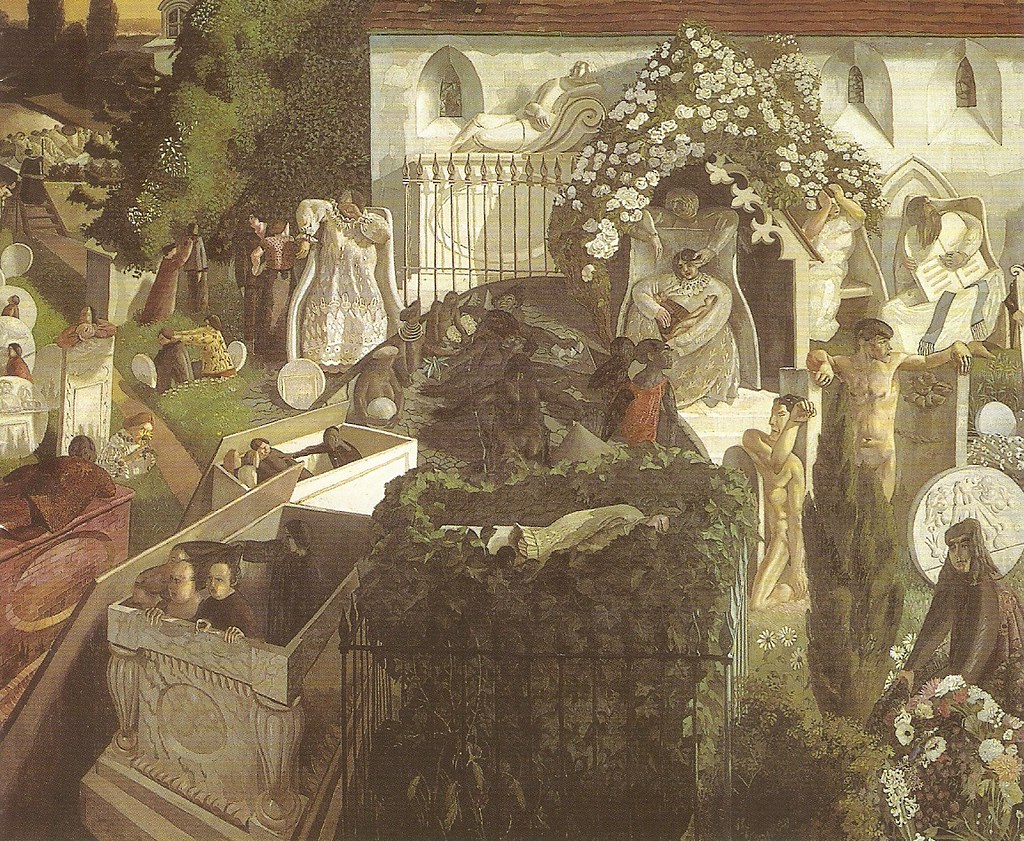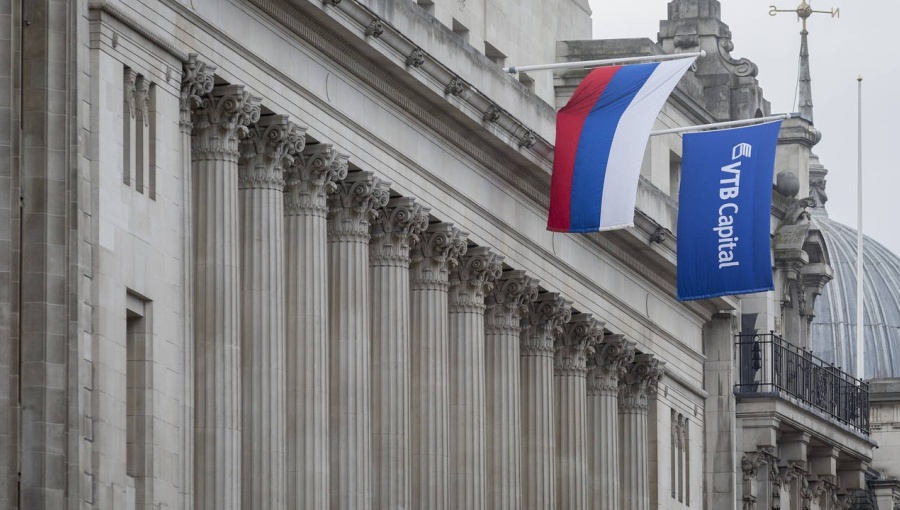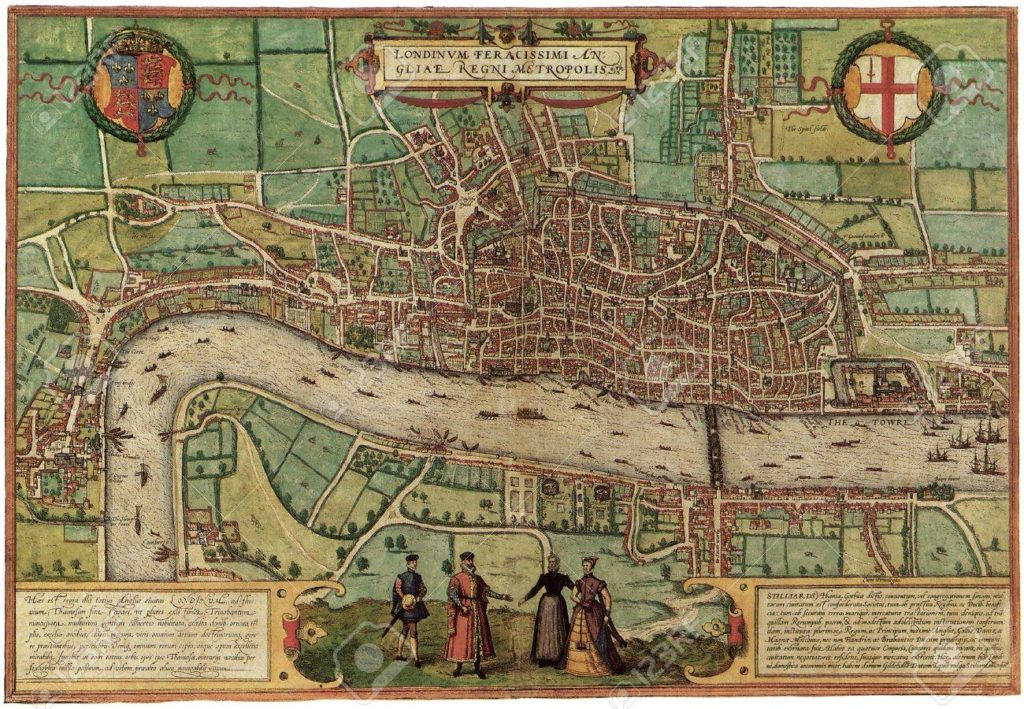Freedom of the City 2012
A reading from the book of the Prophet Zephaniah:
That day will be a day of wrath, a day of distress and anguish, a day of ruin and devastation, a day of darkness and gloom, a day of clouds and thick darkness, a day of trumpet blast and battle cry against the fortified cities and against the lofty battlements. Neither their silver nor their gold will be able to save them on the day of the Lord’s wrath.
Please be seated.
November 12, the day of the Lord Mayor’s Show, is an important anniversary for the Hackney Preacher. It’s ten years since he became a Freeman of the City: a Citizen of London.
Why did he want to become a Freeman?
The reason is this: It is a qualification to stand for election to the Corporation of London.
It’s the first step on the route to becoming Lord Mayor of the City of London.
Actually to qualify for the Freedom (as a Freeman) he needed to find two sponsors and they had to fall into one of two categories: Liverymen or previously elected members of the City Corporation.
So he asks the Area Dean of the City of London, a member of the Worshipful Company of Skinners, to propose him.
And then he ask a Common Councilman of his acquaintance to second him.
That’s how it works.
To offer yourself for election to the Corporation of London you first have to be deemed worthy to be a member of the club.
But what is that all about?
At the ceremony in the Guildhall, where he is offered the hand of friendship and welcomed to the fraternity of the Free, he seeks some clarification from the Clerk to the Chamberlain’s Court.
What, for example, is the constitutional relationship between this electoral requirement to be a Freeman of the City and the way that the Corporation of London promotes the liberalization of economies and the deregulation of markets throughout the world?
How does this practice of the granting of the Freedom, with its origins in the medieval guild City, underpin the interests of the modern capitalist City?
The Hackney Preacher asks this question because he doesn’t know the answer.
But nor, it seems, does the Clerk to the Chamberlain’s Court.
Or not an immediate one.
The following day the Hackney Preacher is summoned by Area Dean to explain his behavior in the Chamberlain’s Court.
He is told that he has used the ceremony “as a soapbox for [his] personal political agenda”.
He is told that he has turned a “friends and family occasion” into a media event.
The Area Dean says he now realises that the Hackney Preacher is going to be trouble for as long as he remains in the City.
Then, the following day, a letter from the Common Councillor of his acquaintance arrives. This is how it reada:
“ . . . you are, of course, entitled to your political views but as a Christian you should show charity and respect in all your dealings, which you have failed to do. I feel you should apologise to the Chamberlain’s staff and give an undertaking not to use the material you obtained at the ceremony. I feel too you owe me an apology. You should be aware of the tremendous amount of good which institutions you appear to despise do for [your university] and for churches in the Square Mile. Your behavior puts such support in jeopardy.”
Some weeks later, following up on one of his threats, the Councilman places an official complaint with the Bishop of London, who instructs the Archdeacon of London to investigate the behaviour of the Hackney Preacher.
The Councilman asks, in his letter of complaint:
“Did [the Hackney Preacher] make any disparaging remarks about the City Corporation or the Livery Companies?”
And in his same letter of complaint to the Bishop of London he goes on to demand that, were he to have made such remarks, the Hackney Preacher be reprimanded. Roundly.
It was not the best of starts. Nor was it to get better (the Area Dean was right in this).
Ten years later the Hackney Preacher still finds himself, on this anniversary day, opposite the Mansion House on the occasion of the Lord Mayor’s Show with his placards and his soapbox.
Once more he finds himself turning another medieval ceremony, a friends and family pageant, into an occasion for political protest.
And why?
Is it because the lofty battlements of the City of London are not defended with guns and canons but with the silent midnight patrol of shame and fear?
Is it because the fortifications are not protected by the imminent threat of physical attack but with the sweet reasonableness of interests quietly vesting in their ruffs and furs and scarlet gowns, waving at the passing floats, waving at the floating passersby?
Wrath, like broth, can be a messy potage.
And all for His sake.
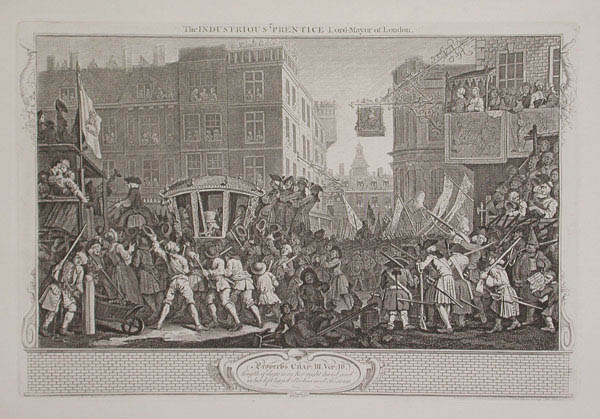
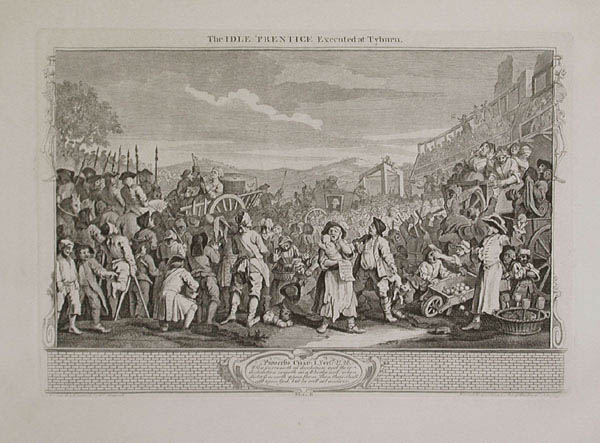
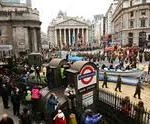 Next Post
Next Post